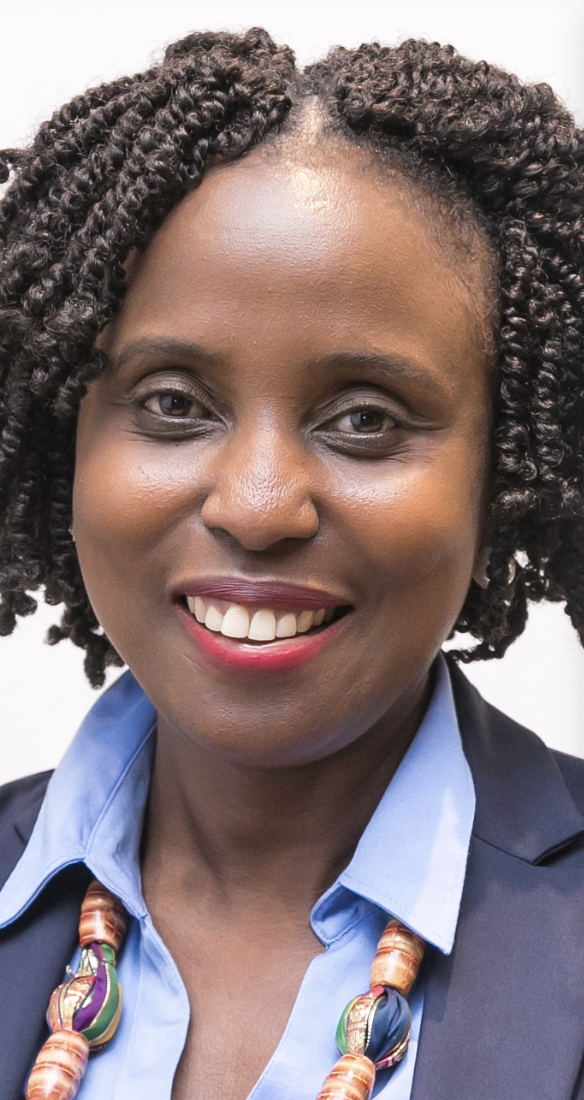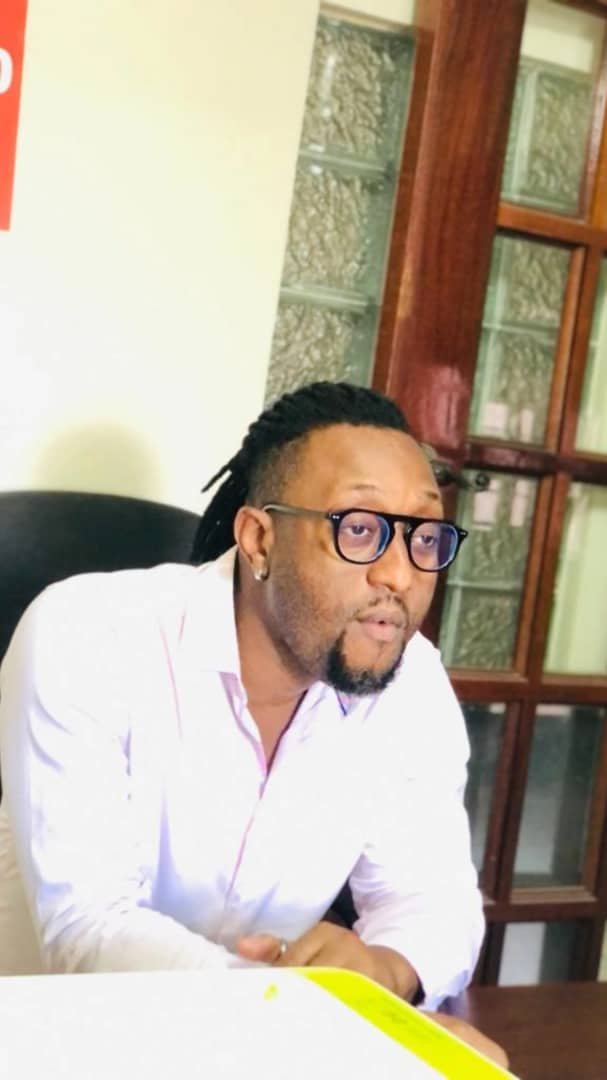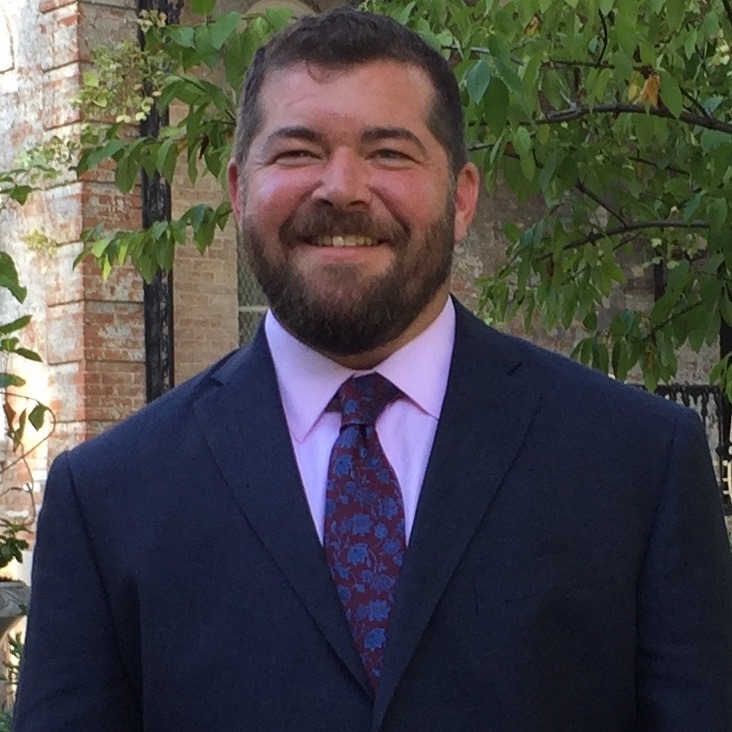Why don’t we see more African researchers presenting at global Public Health conferences and in US and European research journals? Who determines which public health issues are prioritized in Africa? What is Public Health and “Vaccine Apartheid”? What do these insights reveal about the current state of our Public Health discourse on the global scale?
It’s impossible to isolate the conversation around public health in the Global South from the topic of colonialism more generally. What’s more, while Africa and Africans continue to be presented with unique challenges and forms of discrimination, it would be a tragic oversight to assume that the factors contributing to global health disparities are limited to the African context. Insights that are applicable to Africa, are not only applicable to the Global South, and to minority populations in the Global North more generally, but these insights frequently map out the grounds and the various avenues for solidarity amongst similarly impacted populations and all people looking to dismantle oppressive structures.
Dr. Catherine Kyobutungi is the Executive Director of the African Population and Health Research Center (APHRC).
She holds a Ph.D. in Epidemiology and a Master of Science in Community Health and Health Management from the University of Heidelberg. Prior to her graduate studies, Catherine studied medicine at Makerere University, Kampala, after which she worked as a medical officer in Western Uganda for three years.
In 2018, Catherine was elected as a Fellow of the African Academy of Sciences and in 2019, she was selected as a Joep Lange Chair at the University of Amsterdam; a position in which she investigates chronic disease management in African countries. She is the co-director of the Consortium for Advanced Research Training in Africa (CARTA), a program that seeks to build and strengthen the capacity of African research leaders and has trained more than 230 PhD fellows in eight African universities.












